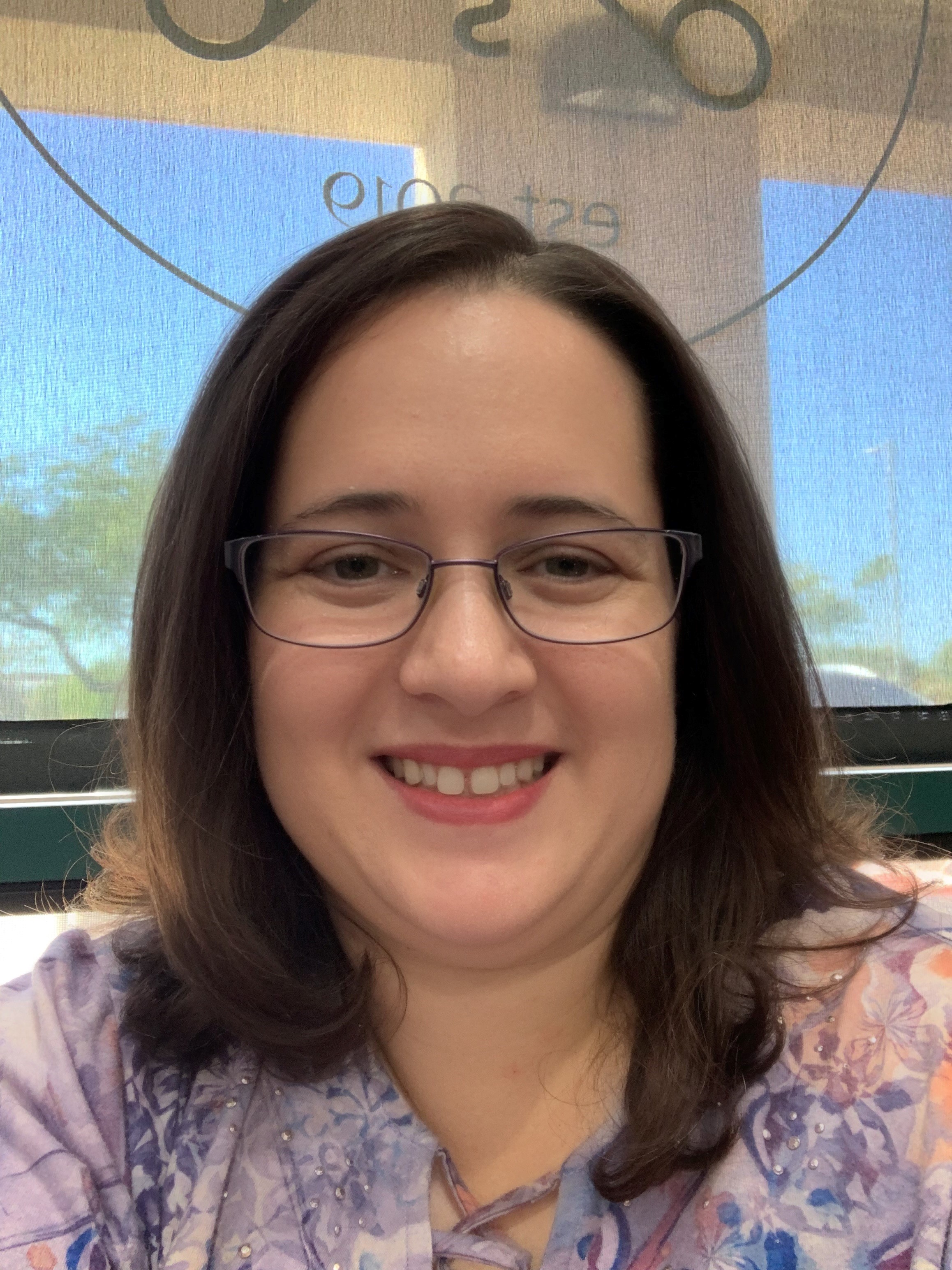Beyond the Burnout: Finding Your Why in Education with Dr. Albert Bramante

In the latest episode of the Designing with Love podcast, host Jackie Pelegrin engaged in a thought-provoking conversation with Dr. Albert Bramante, a veteran talent agent, coach, and college professor. The discussion revealed fascinating insights into the journey of becoming an educator and the psychological aspects of teaching effectively in today's rapidly changing educational landscape.
Dr. Bramante's path to becoming an educator was anything but conventional. He shared the remarkable story of how he was thrust into teaching four college-level psychology classes with absolutely no preparation. The day after Labor Day in 2003, he received an unexpected call from a community college where he had submitted his resume two years prior. Two adjunct faculty members had backed out at the last minute, and the college needed someone immediately. Without any formal training in education, Dr. Bramante accepted the challenge and found himself teaching the very next day. His approach? He made two lists: one of teachers he had liked and their qualities, and another of teachers he hadn't enjoyed learning from. This improvisation worked surprisingly well, and by the end of the semester, students were approaching him to say his class was their favorite. This experience highlights how intuition and a genuine passion for knowledge can sometimes be more valuable than formal training.
The conversation delved into the delicate balance between showing empathy to students and maintaining academic standards. Dr. Bramante admitted that in his early years, he was probably too much of a "pushover." Over time, he learned to establish firm boundaries while still demonstrating compassion. This balance is crucial for preparing students for the real world, where deadlines matter and excuses often don't suffice. Both Jackie and Albert agreed that being transparent with students about expectations and being willing to work with those who communicate professionally during genuine hardships creates a respectful learning environment. This approach teaches students valuable life skills beyond the curriculum, preparing them for professional environments where reliability and accountability are essential.
For educators struggling with self-doubt, Dr. Bramante offered valuable advice. He emphasized the importance of taking stock of your accomplishments and reconnecting with your original motivation for teaching. Research has shown that a teacher's mindset and attitude before the semester begins significantly impact outcomes. If you expect to have great students and a positive experience, you're more likely to create that reality. Conversely, negative expectations tend to manifest in similarly negative results. Setting boundaries, scheduling self-care, and avoiding burnout were highlighted as critical practices. Dr. Bramante stressed that educators should aim to do at least one thing weekly purely for their benefit, reinforcing that "self-care is not selfish."
Then, the discussion turned to technology integration, particularly artificial intelligence (AI), in education. Dr. Bramante acknowledged both the benefits and drawbacks of AI tools like ChatGPT, Claude, and Gemini. While these technologies can assist with brainstorming, lesson planning, and research, they should supplement rather than replace human creativity and intuition. He noted that AI language models sometimes "hallucinate" or provide inaccurate information, necessitating a healthy skepticism when using these tools. Regarding students' use of AI, Dr. Bramante suggested embracing it as a collaborative tool rather than fighting an unwinnable battle against it. He proposed creative assignments that incorporate AI, such as having students conduct virtual interviews with historical figures and reflect on the experience. This approach transforms potential academic dishonesty into a learning opportunity while teaching ethical usage of technology.
As the conversation concluded, Dr. Bramante emphasized the importance of connection and networking for those entering or transitioning into education or instructional design. Finding supportive communities, both online and in-person, can provide crucial guidance and prevent the isolation that often leads to burnout. He encouraged listeners to embrace continuous learning, try new approaches, and, most importantly, be gentle with themselves during challenging times. The episode ended with an inspirational call to make the upcoming academic year a "smashing success," reminding educators that they have all the necessary resources within themselves to achieve their goals.
🔗 Website and Social Links:
Please visit Dr. Albert Bramante’s website and social media links below.
Photo by Ann H: https://www.pexels.com/photo/white-text-on-white-background-15368257/



